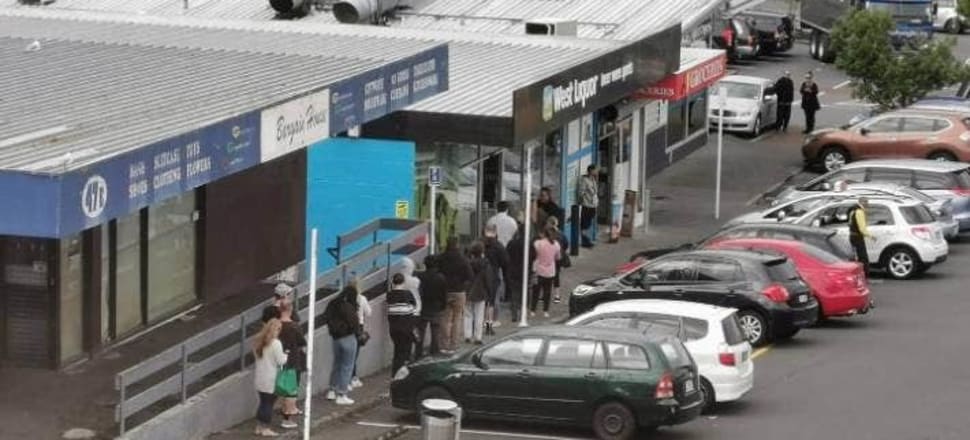
West Auckland's liquor monopoly is adopting major liquor franchises to pay more out to community groups.
The group behind the West Auckland licensing trusts has acknowledged past returns to the community have been inadequate and is working to make a change.
First port of call? Get rid of its in-house West Liquor brand.
The Waitakere and Portage Licensing trusts, some of the last standing liquor monopolies in New Zealand, operates around 20 West Liquor stores as well as more recently opening four LiquorLand shops and a beer and wine section in a Pak n Save.
READ MORE:
* Liquor sale law changes may make licensing trusts redundant
* Police investigate deep discounting of alcohol by Uber and supermarkets
* Pak’nSave’s 67c beers are ‘simply irresponsible’
Within the next 12 months, those West Liquor stores will adopt LiquorLand or Super Liquor branding in a move to cut costs for the trust while also providing greater choice and competitive pricing for the community.
It is open to taking new brands into the area in the future.
The Trusts chief executive Allan Pollard said by taking on the brands and paying a franchise fee would save on marketing costs, procurement and staff training – so much so the business aims to lift its payout to the community to $5m annually within the next five years (it has a draft five-year plan it expects to sign off on soon).
"Clearly we think we can do better, so probably the answer to your question is no, and we want to do more." – Allan Pollard, The Trusts
“The efficiencies will create a lot more value to the West Auckland community-owned business and thus, the theory is of course, that we can actually start to deliver more surplus profits back to the community.”
In the 12 months to March 31, 2022, The Trusts gave grants and sponsorships to the community of $1.89 million.
While that sounds fine and dandy, the two trusts had combined assets, largely property, worth $173.11m, meaning the return on assets for the community who effectively own the trusts was just 1.1%, far below what you would expect from a term deposit.
When asked if that return was acceptable, Pollard noted he had only been with the company for two years through the pandemic “Clearly we think we can do better, so probably the answer to your question is no, and we want to do more.”
Greater choice for West Auckland residents is a major driver of the West Auckland Licensing Trusts Action Group (WALTAG) which ultimately wants to break down the “stink” monopoly structure.
Spokesperson Nick Smale said the group, which got two representatives on each trust in last year's local elections, would be “popping a few to celebrate” greater choice.
He said as far as returns to the community go, the re-branding shouldn’t hurt but that it could have delivered $5m a year for some years if there was a willingness to do so.
"There's a misconception that community returns rely on there being a monopoly but sensible investments out-perform them by some margin."
"They seem to prefer investing in commercial property to distributing funds."
A Local Government Official Information Act request filed by WALTAG around a bar The Trusts shut down in Te Atatū revealed that part of that draft five year plan required the Waitakere Trust to invest $30-35 million into property over the period, eclipsing payments to community groups.
Pollard said that was largely refurbishment costs across its ageing portfolio and a new development on one site that likely needed to be demolished.
“There’s no secret we’ve under-invested for many years.
“We have a fairly rigorous capital investment plan to reinvest back into the asset base for the future.”







